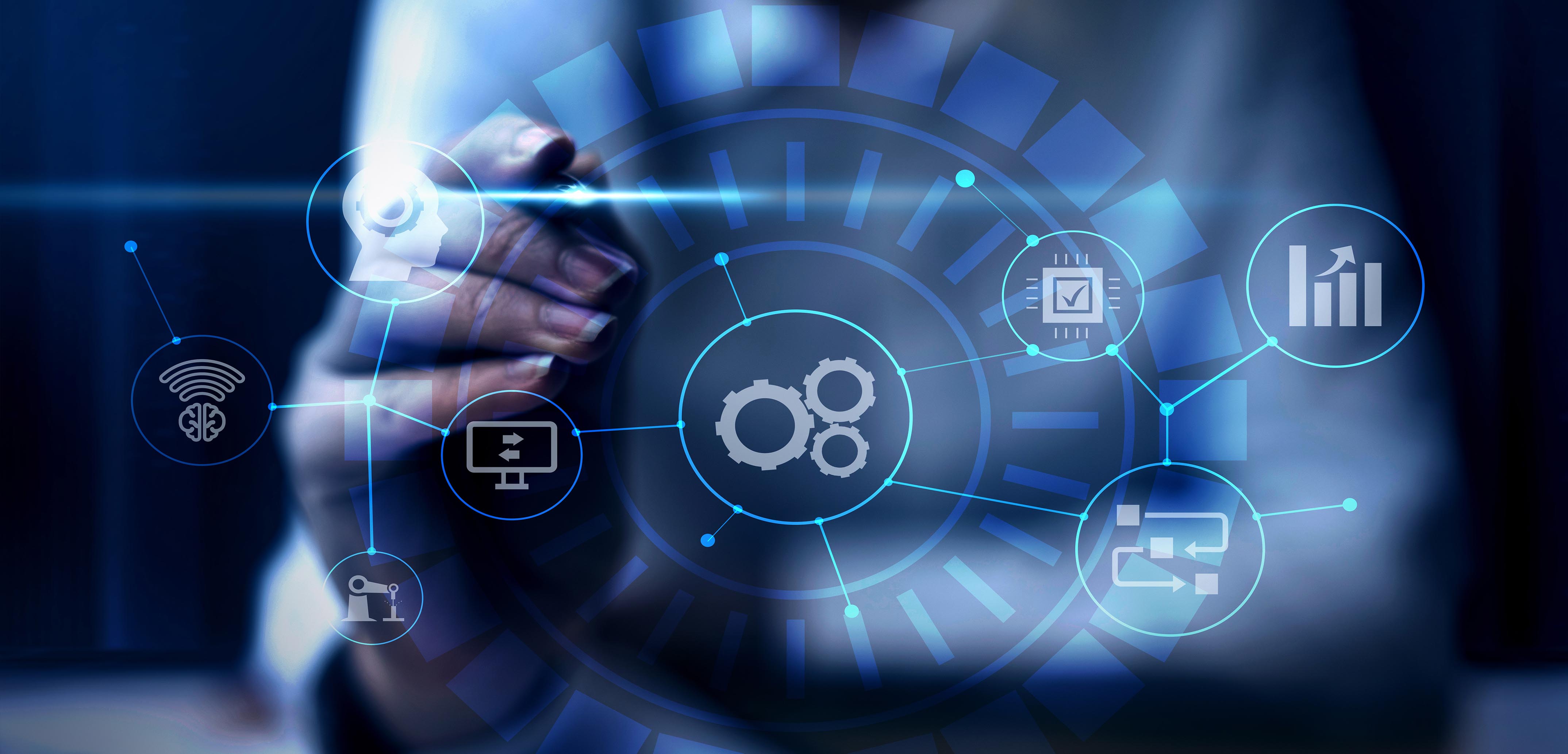As AI technology continues to advance, there is growing concern that it will eventually replace human workers in many industries. While it can automate repetitive and mundane tasks, increasing efficiency and productivity, it also raises questions about the impact on employment, making many worried about their future prospects and how they will adapt to the changing job market. It creates an uncertain future for workers who may find themselves displaced and struggling to find new job opportunities.
1. Which jobs have higher risks of being replaced by AI?
The impact of AI on employment is expected to vary depending on the industry and the specific job function. Some jobs that are at higher risk of being replaced by AI include those that involve repetitive and routine tasks.
2. Data entry and administrative support
As AI technology becomes more advanced, it has the potential to automate many routine data entry and administrative tasks, such as data processing, record keeping, and scheduling.
3. Manual labour and manufacturing
Jobs that involve repetitive, physically demanding tasks, such as assembly line work and packaging, are at risk of being automated with the use of robotics and AI-powered machinery.
4. Driving and transportation
Self-driving vehicles and delivery drones have the potential to replace jobs that involve driving and transportation.
5. Financial analysis and accounting
AI algorithms and machine learning tools can analyse financial data and automate accounting tasks, which could replace some jobs in these fields.
6. Writers and Editors
AI-powered tools can generate basic news articles, reports, and other forms of content by analysing large amounts of data and using algorithms to generate text. AI tools can also be used to analyse and improve the grammar, spelling, and syntax of written content, making the editing process faster and more efficient.
So can AI replace humans?
While some jobs may be at higher risk of being impacted by AI, there are also many jobs that are less likely to be automated, such as those that involve creativity, social interaction, and complex decision-making. Coming to the above mentioned jobs, even these jobs are not completely at risk for now. For instance, we still cannot completely rely on automated vehicles. That's correct, while there have been significant advancements in the development of self-driving cars and other types of automated vehicles, we are not yet at a point where we can fully rely on them for all transportation needs. There are still many technical, regulatory, and societal challenges that need to be addressed before automated vehicles can become a widespread reality. There are still limitations in the ability of self-driving cars to navigate complex urban environments, handle unpredictable situations, and interact with other drivers and pedestrians. In addition, there are concerns about cybersecurity and the potential for automated vehicles to be hacked or manipulated.
In the same way, while AI has made significant advancements in natural language processing and generation, it's not yet at a level where it can fully replace human writers. It's important to note that AI-generated content still lacks the creativity, nuance, and emotional intelligence that comes with human writing. While AI can be a useful tool for writers, it's unlikely to fully replace human writers in the near future. Correspondingly, AI cannot perform activities like farming in the same way that human beings can. Farming involves a wide range of complex tasks, such as planting and harvesting crops, caring for livestock, and managing farm equipment, all of which require a high degree of physical dexterity, situational awareness, and problem-solving skills. While AI can certainly be used to support and enhance various aspects of farming, such as monitoring crop health or optimising irrigation systems, it is not capable of fully replacing human labour on the farm.
AI and Creativity
Apart from the temporary job loss, AI has the potential to create new job opportunities and drive innovation in many industries. It will push us to work hard on top of what AI is already providing. If it will take jobs from people, it will also remploy the same people who will use their skills in a new way. Experts have predicted that the adoption of AI will lead to significant progress and growth. AI can also inspire greater creativity and imagination, as people are freed from the more mundane and repetitive tasks that can be automated. Imagination will only increase as now people will be able to think in depth and bring more originality. This will only benefit the human race in the long run.
Prior to traditional education policies, the education system focused primarily on rote memorization and did not emphasise practical knowledge or critical thinking skills. However, despite these challenges, many people have been able to thrive and showcase their creativity, as evidenced by the many successful writers, artists, and graphic designers. Rather than viewing AI as a threat to human creativity and productivity, we can see it as a tool that can enhance and augment our abilities. By automating routine tasks, AI allows us to focus on more complex and creative work, and to explore new ideas and possibilities.
Final Thoughts
Undoubtedly, there will be challenges and adjustments that need to be made as we integrate AI into our daily lives and work environments. But if we approach these changes with an open mind and a willingness to adapt, we can unlock the full potential of AI and create a more innovative and productive society. Therefore, AI, at least for now, is not taking our jobs but only making them a bit challenging for us. We just need to reboot ourselves. This was much needed, AI just made it more obvious and immediate.
